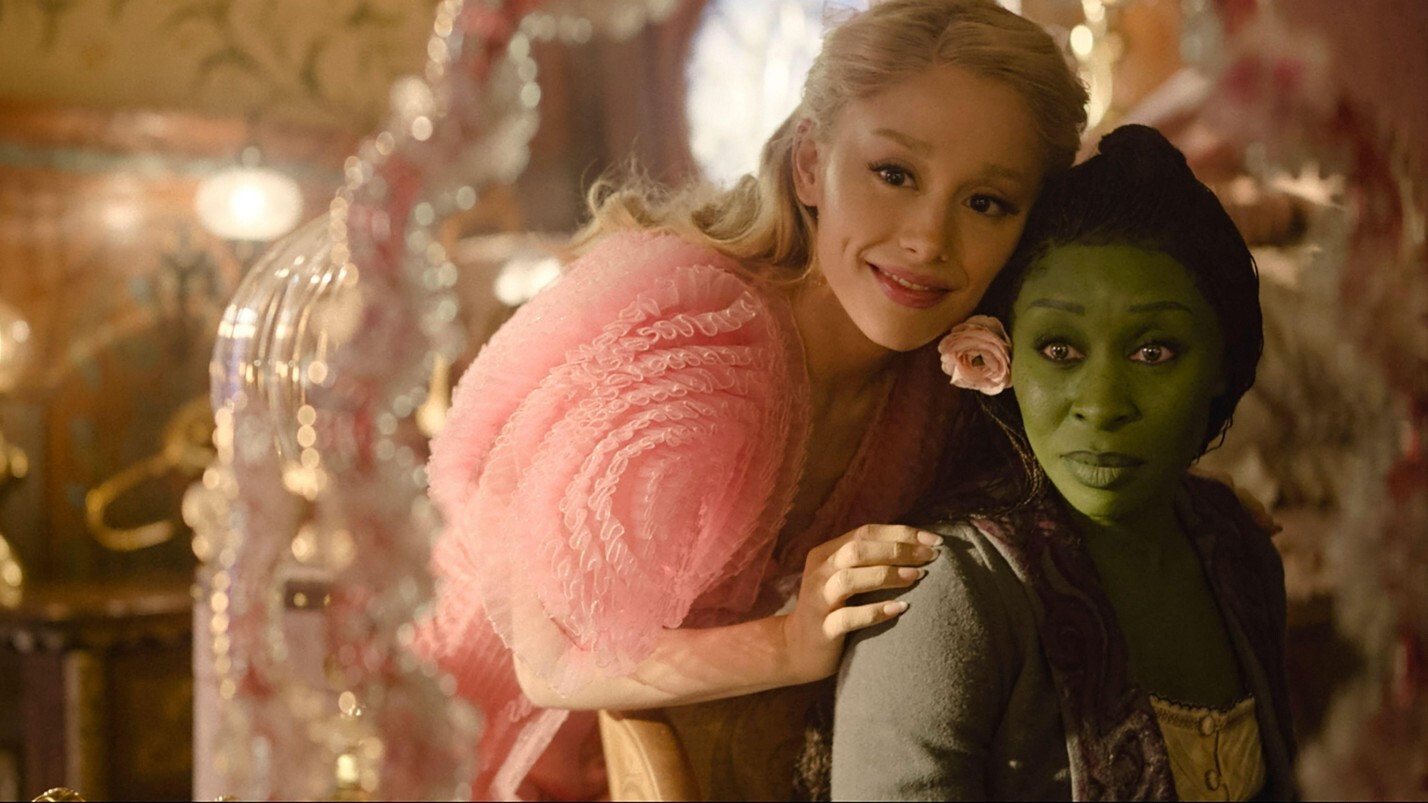The bizarre and depressing spectacle of the Rock & Roll Hall of Fame


A free daily email with the biggest news stories of the day – and the best features from TheWeek.com
You are now subscribed
Your newsletter sign-up was successful
Is there anything less rock 'n' roll than a Hall of Fame that displays guitars, setlists, and other detritus as if they were sacred relics? If so, it has to be the induction ceremonies, where senior citizens wearing bizarre outfits shuffle through awkward speeches and pallid versions of long ago hits. Stranger still are the video montages of the dead that often feature in the ceremonies. Supposed to be celebrations of artistic achievement and the vitality of the genre, they're more like time capsules from a distant epoch.
This incongruity of matter and form has been clear since Rock & Roll Hall of Fame inductions began in 1986 (the physical museum in Cleveland opened in 1995). But the latest cohort is evidence of continuing decline in standards and drift in purpose. The first generation included true giants, whose names and songs will be remembered as long as there is an audience for American (or American-influenced) popular music. Although they surely have their admirers, the likes of Pat Benatar and Duran Duran are simply not in that league.
That's not to say that all the names are unsuitable. Media coverage this year revolved around Dolly Parton, who initially declined induction before changing her mind. There's little dispute that Parton's musical and charitable careers are worthy of honor. Even applying a broad definition, though, it's hard to make the case that she's primarily a contributor to rock 'n' roll. The same is true of Harry Belafonte, another member of this year's class.
The Week
Escape your echo chamber. Get the facts behind the news, plus analysis from multiple perspectives.

Sign up for The Week's Free Newsletters
From our morning news briefing to a weekly Good News Newsletter, get the best of The Week delivered directly to your inbox.
From our morning news briefing to a weekly Good News Newsletter, get the best of The Week delivered directly to your inbox.
Even if they're repelled by the grandiosity and nostalgia of the official Hall of Fame, though, rock fans love making and debating lists. They might find a counterpoint in a new book by Greil Marcus, who has made a speciality of describing how music infuses what he calls "everyday culture and found objects" — and vice versa. Rather than ranking the greatest or best, the "Real Life Rock Top Ten" columns the volume compiles identify moments where the freedom and creativity that rock 'n' roll symbolizes (though doesn't always achieve) bursts through the constraints of ordinary existence. Sometimes that's a song or performance. Sometimes it's an advertisement for dry cleaning, bearing the nonsensical yet somehow ominous motto "the bird is the word" proclaimed by the magnificently named The Trashmen in 1963.
In an essay published around the same time The Trashmen were teaching young Americans to speak in tongues (a rock 'n' roll habit at least since Little Richard), the art critic Manny Farber distinguished between two tendencies in American art: "White elephant" art sought fully realized masterpieces on European models, while "termite" art thrived in dark and neglected corners, including particular elements or moments in aesthetic tension with a larger and less effective work.
The Rock & Roll Hall of Fame, housed in an enormous glass pyramid that resembles a Las Vegas casino more than the basements, dives, and high school gymnasiums where the music was born, is a temple of white elephant art. I hope the termites get it one day.
A free daily email with the biggest news stories of the day – and the best features from TheWeek.com
Samuel Goldman is a national correspondent at TheWeek.com. He is also an associate professor of political science at George Washington University, where he is executive director of the John L. Loeb, Jr. Institute for Religious Freedom and director of the Politics & Values Program. He received his Ph.D. from Harvard and was a postdoctoral fellow in Religion, Ethics, & Politics at Princeton University. His books include God's Country: Christian Zionism in America (University of Pennsylvania Press, 2018) and After Nationalism (University of Pennsylvania Press, 2021). In addition to academic research, Goldman's writing has appeared in The New York Times, The Wall Street Journal, and many other publications.
-
 Should the EU and UK join Trump’s board of peace?
Should the EU and UK join Trump’s board of peace?Today's Big Question After rushing to praise the initiative European leaders are now alarmed
-
 Antonia Romeo and Whitehall’s women problem
Antonia Romeo and Whitehall’s women problemThe Explainer Before her appointment as cabinet secretary, commentators said hostile briefings and vetting concerns were evidence of ‘sexist, misogynistic culture’ in No. 10
-
 Local elections 2026: where are they and who is expected to win?
Local elections 2026: where are they and who is expected to win?The Explainer Labour is braced for heavy losses and U-turn on postponing some council elections hasn’t helped the party’s prospects
-
 Is a social media ban for teens the answer?
Is a social media ban for teens the answer?Talking Point Australia is leading the charge in banning social media for people under 16 — but there is lingering doubt as to the efficacy of such laws
-
 Why are American conservatives clashing with Pope Leo?
Why are American conservatives clashing with Pope Leo?Talking Points Comments on immigration and abortion draw backlash
-
 Questions abound over the FAA’s management of Boeing
Questions abound over the FAA’s management of BoeingTalking Points Some have called the agency’s actions underwhelming
-
 'Immigrant' Superman film raises hackles on the right
'Immigrant' Superman film raises hackles on the rightTALKING POINT Director James Gunn's comments about the iconic superhero's origins and values have rankled conservatives who embrace the Trump administration's strict anti-immigrant agenda
-
 Disney is still shielding Americans from an episode of 'Bluey'
Disney is still shielding Americans from an episode of 'Bluey'Talking Points The US culture war collides with a lucrative children's show
-
 Jony Ive's iPhone design changed the world. Can he do it again with OpenAI?
Jony Ive's iPhone design changed the world. Can he do it again with OpenAI?Talking Points Ive is joining OpenAI, hoping to create another transformative piece of personal technology. Can lightning strike twice?
-
 Is method acting falling out of fashion?
Is method acting falling out of fashion?Talking Points The divisive technique has its detractors, though it has also wrought quite a few Oscar-winning performances
-
 Wicked fails to defy gravity
Wicked fails to defy gravityTalking Point Film version of hit stage musical weighed down by 'sense of self-importance'
